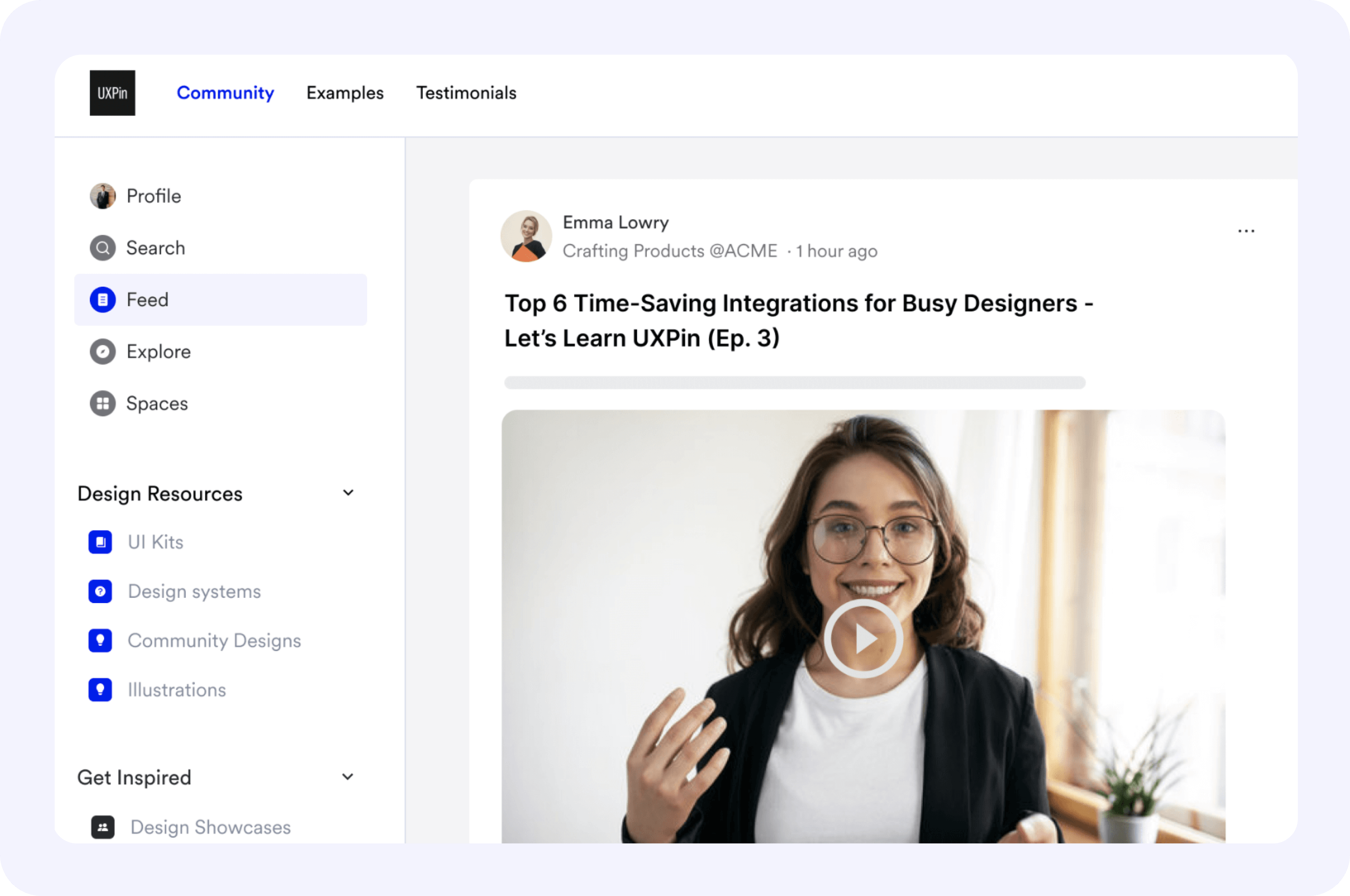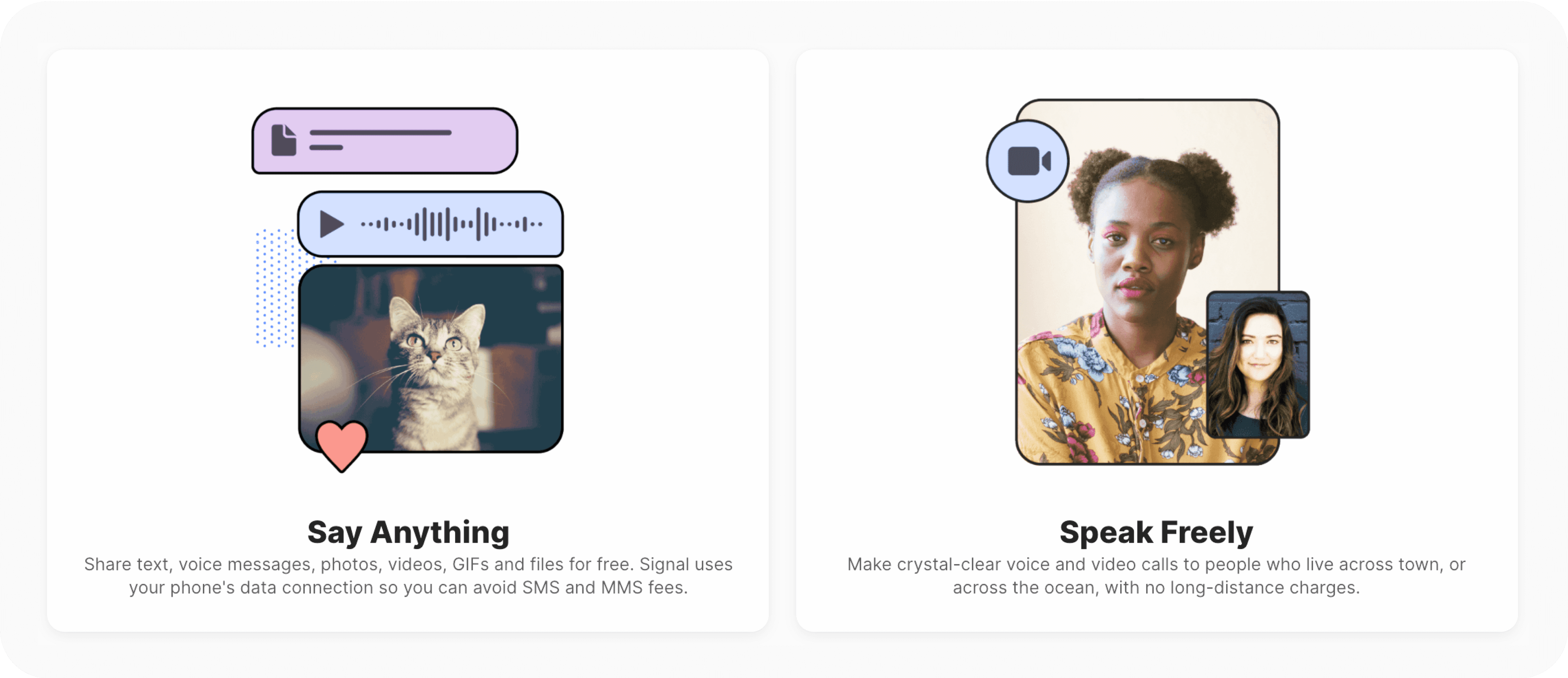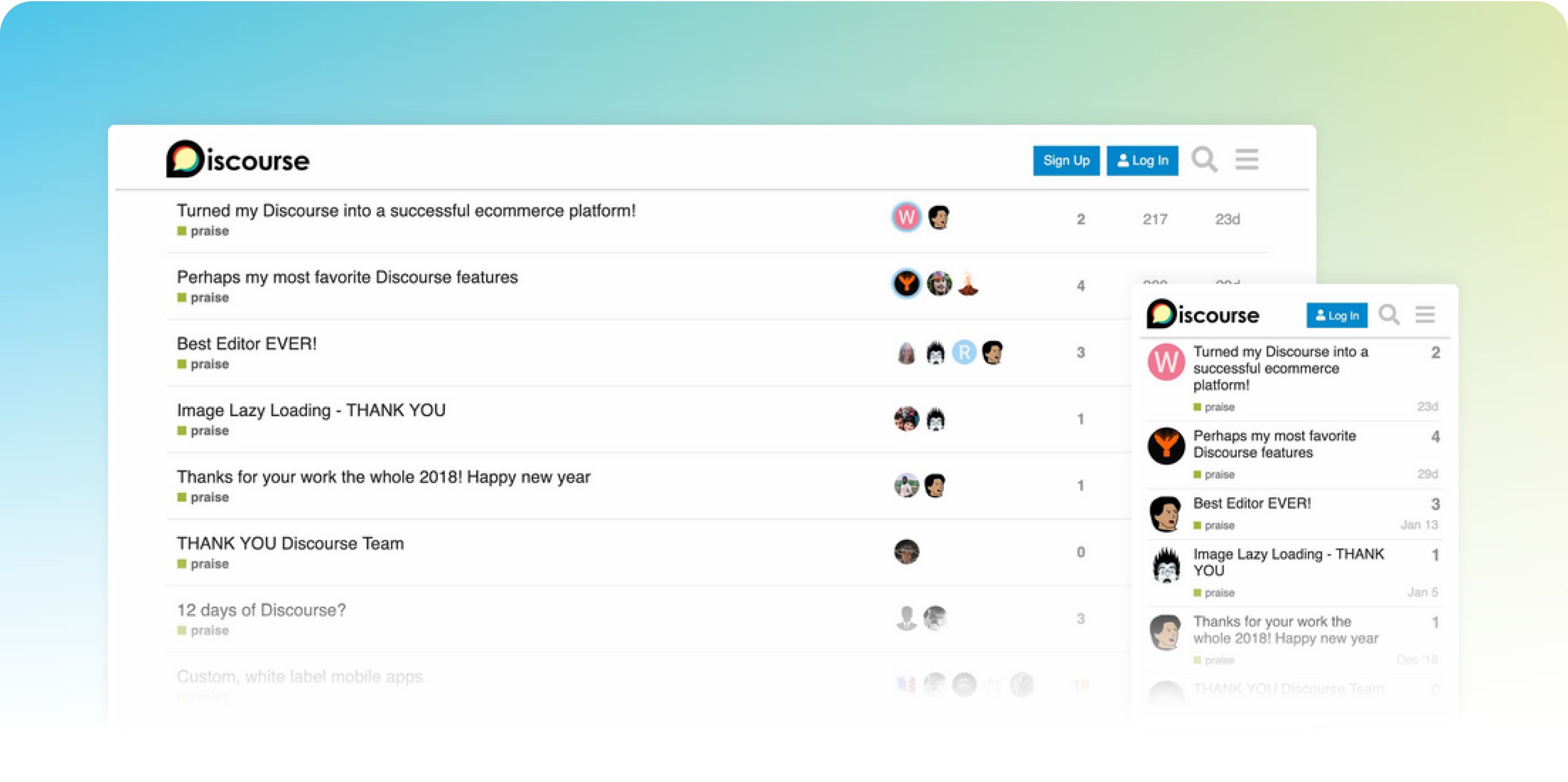
What is a Community Platform? Main types and examples
Subscribe to The Job Board Academy
What is a Community Platform?
A community platform is a digital space where people can engage with content or hold meaningful discussions about specific topics, shared interests or beliefs. Well known community platforms include SaaS software like Tribe.so and social forums like Reddit and Facebook Groups.
Choosing a Community Platform
The platform you choose creates a psychological space for your members. Depending on the software, you can create ‘rooms’, channels and categories that will all influence your members’ behaviours.
There is a definite art to ensuring the community architecture enables members to engage freely, whilst still allowing you to run the community in the interests of the business.
The options you will come across are to some extent a blank canvas and you'll need to understand the limits of each too.
Types of Online Communities
The reasons for hosting a community are broad and impact the type of platform that will best serve your community. Typically you’ll be looking for a community platform for one of the following main use cases:
- Professional networking e.g. Girlboss, Harvard Business School Angels
- Product communities e.g. Pipedrive Community
- Courses and education e.g. Makerpad
- Lifestyle e.g. NomadList, Mumsnet
- Associations and special interest e.g. Change.org
Types of Community Platforms
When looking for a home for your community, there are 4 main community platform formats to choose from:
1. SaaS Community platforms

Community platforms are all-in-one solutions offering customizable or whitelabelled versions of their core software. Examples include Tribe.so, Circle and Mighty Networks.
They are simple to use, easy to set up, and save ample time and development versus building your own. Better still, there’s a plethora of great options to choose from depending on your specific use case. See this list of the top 19 community platforms.
Pros: Super easy to set up. They’re mostly very affordable and come with thoughtful features you’ll need to build and nurture your community. Cons: Unless you have a marketing background it is harder to launch a community from scratch here versus starting out on a social platform. (We’ve listed the best social platforms to start a community below). Best for: Communities with moderate early traction, for example, in the form of an existing following, customer base or newsletter list.
2. Messaging apps

”Messaging app or community platform?” — this is a raging debate community builders are grappling with.
Messaging apps like Slack, Whatsapp, Discord, Signal and Telegram are great to build communities from scratch and these are home to some of the fastest growing communities today.
For inspiration, check out this list of 2000 active Slack groups and chat communities.
The general consensus is that once a community grows to critical mass, these tools don’t support the members and help deliver the right experiences, at which point it’s time to switch to a community platform.
3. Open source community software

If you want a more bespoke community platform, and have the time and resources for development, you might also consider using existing source code that already contains the essential features you need.
Discourse is the most popular modern forum software that people deploy to set up community discussion forums.
It is completely free to self-host and you can find the project on GitHub as well. If you do not want the hassle of deploying it on a self-managed server, you can always choose to opt for managed services offered by Discourse itself (which will be certainly expensive).
Here are 10 more great open source forum software to consider.
4. Social platforms with community features

A great alternative to using community software is using existing infrastructure on social platforms such as Facebook Groups, Meetup.com or Reddit.
There are many benefits especially if you’re just starting to build a community. Your main focus at this stage will be reaching as wide an audience as possible and get critical mass before investing in a permanent home.
Launching your community on a social platform has some initial customer acquisition benefits, since their algorithms will promote your group to people who match the profile.
But audience-building on social platforms isn’t just for new communities and established companies using them as their community home too.
Social platforms also have a growing number of useful tools to help you personalise the group’s experience. The downside is there’s less control on branding, communications and who gets notified about your content. Social platforms are a place to get initial traction, or extend your reach if you have an engaged community elsewhere.
Learn from our Job Board Academy
Access our free resources with everything you need to know to build, launch and scale a successful niche job board.



